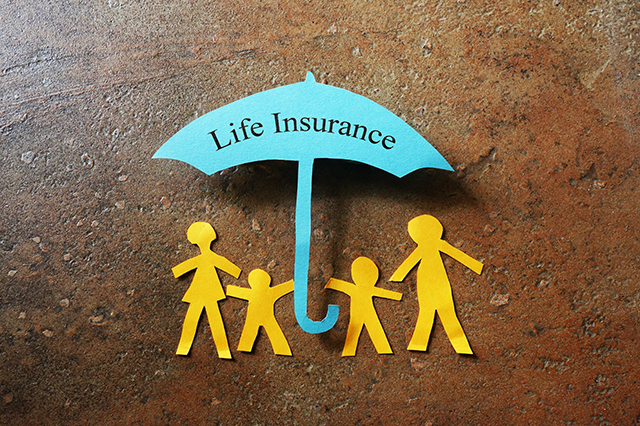So you’re curious about life insurance but aren’t sure where to begin. Well, first of all, congratulations on looking into the value that life insurance offers. Many people never even make it this far and miss out on the advantages as a result. Truly, life insurance is an increasingly vital resource to protect your family from financial ruin, and we couldn’t be more thrilled to shed a bit more light on the product and the many ways in which you can benefit from it. But, before we delve too deeply into the available plans and how they work, we’ll start from the very beginning with life insurance 101. So what is life insurance?

What life insurance is
At its core, life insurance offers a means for you to continue providing for your family long after your own death. Once you select the amount and type of coverage you want (more on that shortly), you designate a beneficiary (or beneficiaries, as the case may be), who then receives the outstanding total – known as the death benefit – once the policyholder passes away. Because it is intended to supplement lost income, cover current as well as future expenses and compensate for assets, life insurance is perhaps one of the most intensely subjective forms of insurance out there. No two families will have the exact same needs, and this must be taken into account as you design your policy. You’ll need to thoroughly review your family’s financial status before making any long-term decisions regarding coverage. Perhaps a brief description of how it all works can clear up any misconceptions you may have about life insurance.
How it works
Based on a number of risk factors tied to health and medical status, an insurance company reviews each policy application and decides whether to accept or reject an individual plan. If a proposal is accepted, the provider will determine the amount that each applicant will pay, usually on a monthly or annual basis, known as the premium. This total reflects the amount of financial risk the provider is taking on when they accept a given policy, and as a general rule of thumb, the younger and healthier an individual applicant is, the lower the interest rates and premium payments they will be able to qualify for. Of course, this varies from one provider to the next, and the wide range of policy types on the market mean that applicants may have to hunt for the best option for their family’s needs. You might want to consider customizing any standard policy you do decide to purchase.
Types of life insurance
Although each provider may offer their own variations on traditional life insurance plans (as well as additional provisions known as policy riders), essentially two major kinds of life insurance are the most prominent throughout the industry: term life insurance and whole life insurance. Let’s look at each a bit more closely.
- Term life insurance: Best suited for those new to the world of life insurance, this type of policy offers temporary coverage that extends for a certain period of time, typically no longer than 30 years. Because it represents a finite amount of coverage, rates are lower for term plans, but if death does not occur during the contracted time period, the policy itself will lapse.
- Whole life insurance: Unlike term plans, this one is a lifelong commitment that typically only ends when the policyholder’s death occurs. Although they are often more costly, whole plans traditionally include a cash value that allows the insured to withdraw funds and/or borrow against at least a percentage of their policy. Common versions of whole life include universal life insurance and variable life insurance.
Decision time
Not to disappoint, but there’s unfortunately no one-size-fits-all solution we can include in our “life insurance 101” overview. Every policyholder will have his or her own specific set of needs, and chances are, the industry has the options in place to address them for you if necessary. It’s best if you first calculate for yourself how much coverage you’ll want to keep your family’s current standard of living in place, taking into account lost income, your asset portfolio and both immediate and long-term expenses. To secure the best possible rates, you may wish to reach out to a qualified insurance professional to help guide you through the process. The nature of the business dictates that the sooner you begin investing in your family’s future, the better off your family will be down the line. So, even if you start small, consider the positive impact life insurance coverage can make on your life.
Do you have any other questions about life insurance? Let us know in the comments section below so that we can help!
Get an insurance quote today at AAA.com/QuoteNow.

















